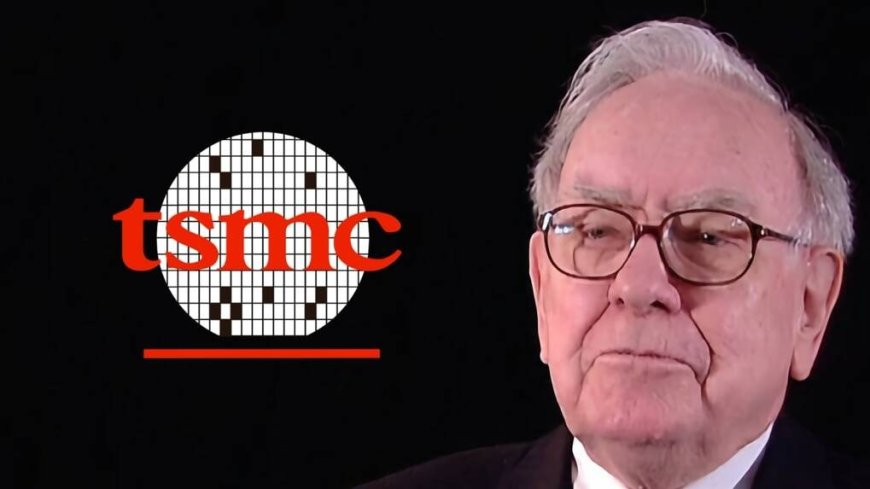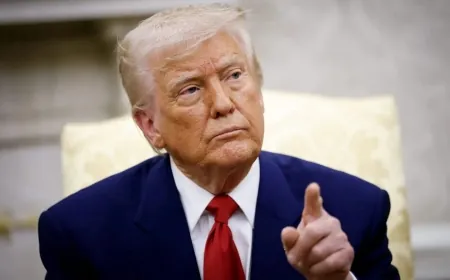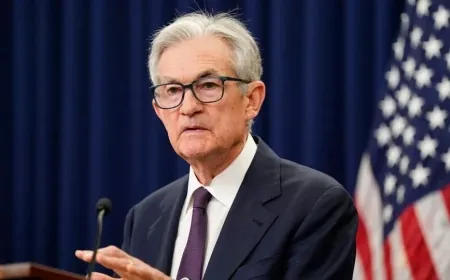Warren Buffett's Berkshire Hathaway Finalizes Divestment of TSMC Holdings
Berkshire Hathaway's complete divestment of TSMC holdings. Explore the reasons behind the decision and its impact on the chipmaking industry.

Warren Buffett's conglomerate, Berkshire Hathaway, has recently made headlines by completing the sale of its entire shareholding in TSMC (Taiwan Semiconductor Manufacturing Company), the world's leading chipmaker. The decision came following growing concerns expressed by Buffett himself regarding the geopolitical landscape in Taiwan, the homebase of TSMC. In a filing made on Monday, Berkshire Hathaway officially confirmed that it no longer retained any stake in TSMC as of the first quarter's end.
Over the past months, Berkshire had been gradually reducing its investment in TSMC, culminating in the sale of 86% of its shares in February. This move raised eyebrows, given Buffett's well-known reputation for making long-term investments. During an analyst call, Buffett shed light on his decision, stating that he had reevaluated TSMC due to its geographic location and expressing a preference for allocating capital to investments in Japan rather than Taiwan. Nonetheless, he acknowledged TSMC's remarkable management and its standing as an integral player in the global chip industry. While he wished the company were based in the United States, he still commended TSMC as one of the most significant and well-run corporations globally.
Despite Berkshire's departure, TSMC continues to be lauded for its pivotal role in supplying semiconductors to tech giants like Apple and Qualcomm. Renowned for its cutting-edge chip manufacturing capabilities, TSMC's products are vital components in a wide array of devices, ranging from smartphones to household appliances. With the distinction of being the largest chip manufacturer globally, the company commands an impressive market capitalization of approximately $415.3 billion as of Tuesday.
TSMC's presence in Taiwan takes on added significance amidst ongoing geopolitical tensions with China, which claims sovereignty over the self-governed democratic island. The company's contribution to both the global economy and Taiwan's defense strategy has led to its symbolic recognition as part of a "silicon shield," acting as a deterrent against potential military actions by Beijing. While TSMC has expanded its operations beyond Taiwan, including ventures in the United States, it remains committed to increasing its workforce in its home country, with plans to create over 6,000 new jobs this year.
As Berkshire Hathaway exited its investment, other notable investors took the opportunity to enter the TSMC market. Regulatory filings revealed increased holdings from Macquarie, demonstrating their confidence in the company's prospects. Likewise, Tiger Global made new investments in TSMC. This renewed interest from investors showcases the continuing allure of TSMC's stock. Following the news of Berkshire's withdrawal, TSMC's stock experienced a 2% surge in Taipei, while its US-listed shares exhibited a minor decline of 0.5% during after-hours trading in New York.































































